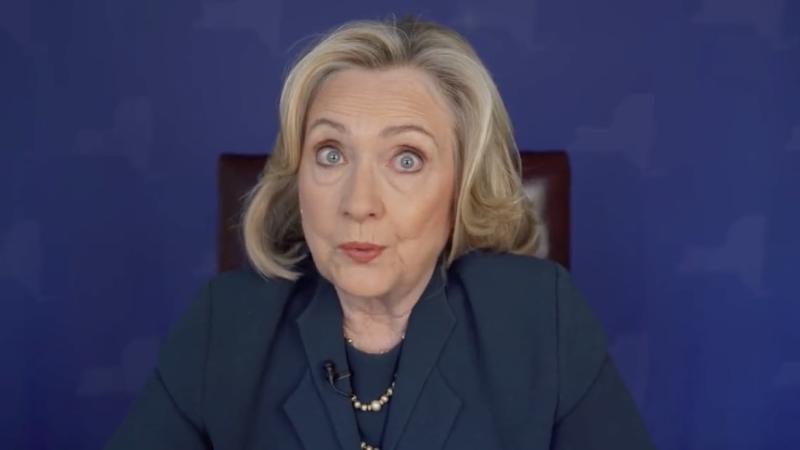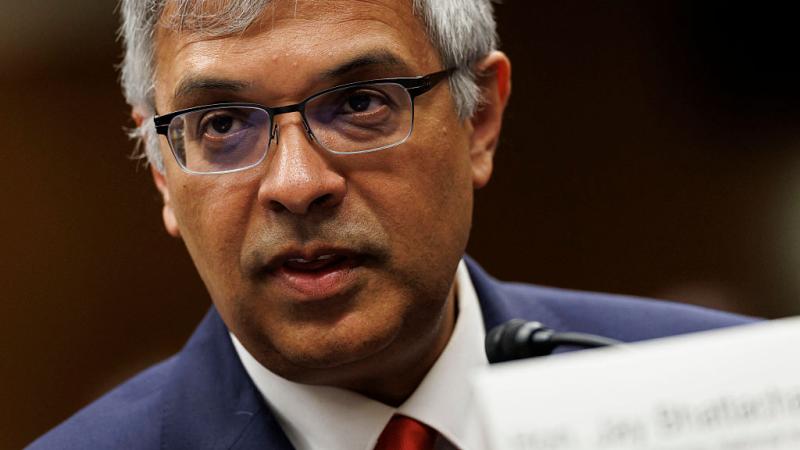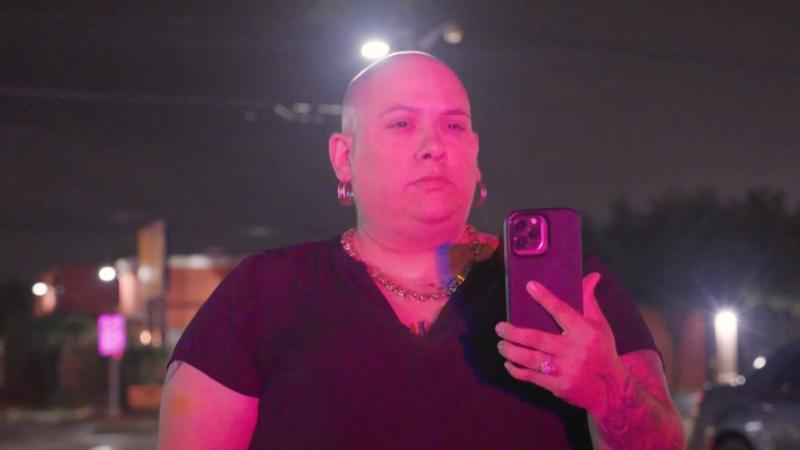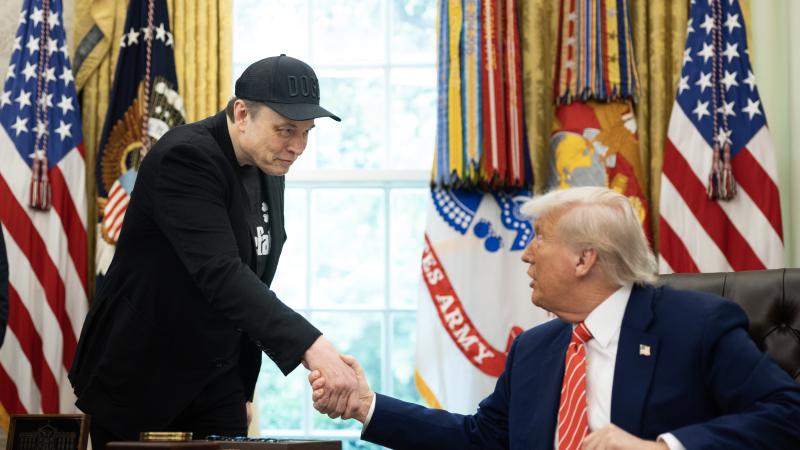Declassified transcripts add to evidence that FBI had no legal basis to interview Michael Flynn
In call with Russian ambassador, Flynn urged 'we need cool heads to prevail' on sanctions. That's a policy dispute, not a crime, FBI expert says.
In the end, the words that Michael Flynn uttered to Russia's ambassador that landed the former Trump national security in a three-year legal nightmare were simply this: "We need cool heads to prevail."
That was the message Flynn delivered to Sergey Kislyak on Dec. 29, 2016, the day outgoing President Barack Obama imposed sanctions on Russia for meddling in the U.S. election, according to newly declassified transcripts of the conversation.
Yes, Flynn talked sanctions. But his message not to escalate a sanctions war was similar to what his future boss, Donald Trump, presented the next day and what many other experts recommended. And it was hardly words worthy of a crime or a counterintelligence threat, a fact that the career agents who worked the Flynn case concluded on their own before their bosses meddled in the matter.
The long-awaited release of the transcripts by new Director of National Intelligence John Ratcliffe adds to a growing body of evidence that shows the FBI had no basis to interview Flynn, a retired general, in January 2014 or to continue investigating him at the start of the Trump presidency, experts told Just the News.
"Bottom line: the phone call was a foreign policy discussion on behalf of an incoming president. It is of zero counter intelligence interest or any legitimate concern for the FBI,” former FBI assistant director for intelligence Kevin Brock said.
"The fact that Flynn later misrepresented to the VP [Mike Pence] what he said about sanctions during the call is immaterial to the question of whether the FBI had any legal right to interview him in the first place," he added. "It appears that the FBI interviewed Flynn because he signaled that the new administration might go in a different policy direction than the outgoing administration. That is not the FBI's role."
Senate Finance Committee Chairman Chuck Grassley and Senate Homeland Security and Governmental Affairs Chairman Ron Johnson agreed. "All of the innuendo about Lt. General Flynn this whole time was totally bunk. There was nothing improper about his call, and the FBI knew it," Grassley said late Friday.
You can read the transcripts here.
The transcripts are the final piece of evidence that supports why Attorney General William Barr decided to ask that Flynn's guilty plea and charge of lying to the FBI in a Jan. 24, 2017 interview be dismissed.
Previously, the Justice Department disclosed belatedly that on Jan. 4, 2017 the FBI agent who investigated Flynn for possible illicit ties to Russia had concluded there was "no derogatory information" in intelligence files to suggest Flynn committed a crime, posed a counterintelligence threat or acted as a Russian asset.
That agent, memos show, recommended the case be closed but he was stopped at the last minute by FBI supervisors, who then pivoted to the idea of forcing Flynn to be interviewed by agents. The theory the FBI had was that Flynn's call with Kislyak might have violated the Logan Act and its prohibition on Americans interfering in foreign policy. But FBI officials were told quickly by Justice officials that charging Flynn under the Logan Act was unrealistic, a stretch, a long-shot.
But the James Comey-led FBI proceeded with the interview anyway, failing to follow normal protocol of alerting the White House and instead interviewing Flynn off-guard. In that interview, Flynn said he didn't think he had discussed sanctions issues with Kislyak, such as the expulsion of diplomats. But he said it was possible that he just did not remember it, according to an FBI summary of the interview written after the fact.
His new lawyer Sidney Powell, whose work unraveled the case, said Flynn believes he also told the FBI it was possible he told Kislyak not to get in a "tit-for-tat" over sanctions, but the agents who interviewed him did not record that comment. That "tit-for-tat" comments shows up in the transcripts.
The agents did, however, conclude they did not believe Flynn was being deceptive during the interview and simply may have forgotten the specifics of the conversation. Nonetheless, the FBI and Special Counsel Robert Mueller chose to force Flynn into a plea deal in which he pleaded guilty to lying to the FBI.
The entire ordeal led one FBI senior executive, William Priestap, to write a question in his handwritten notes whether the bureau was "playing games" with the Flynn interview and may have been trying to catch Flynn in a lie "so we can prosecute him and get him fired." Senate investigators want to know whether the notes reflect Priestap's personal sentiments or those of others.
Whatever the case, the transcripts make clear that the Flynn-Kislyak calls were mostly routine for an incoming national security adviser seeking to build a relationship with one of America's most important frenemies.
The two wished each other a Merry Christmas, talked about Middle East policy and their shared interest in defeating ISIS and how they might avoid an escalating war of sanctions after Obama punished Russia for meddling in the 2016 elections by hacking emails and buying Facebook ads.
"So, depending on what actions they take over this current issue of cyber stuff, where they are looking like they are going to dismiss some number of Russians out of the country. I understand all that and I understand that the information that they have and all that," Flynn told Kislyak in the Dec. 29, 2016 call.
"But I ask Russia to do is to not, if anything, I know you have to have some sort of action, to only make it reciprocal; don't go any further than you have to because I don't want us to get into something that have to escalate to tit-for-tat. Do you follow me?"
Flynn added, "We need cool heads to prevail, and we need to be very steady about what we're going to do because we have absolutely a common threat in the Middle East right now."
It was that same day that Obama imposed penalties on Russia for efforts to interfere with the 2016 presidential election – including economic sanctions and expelling 35 Russians. But Moscow did not immediately retaliate. The next day, President-elect Trump praised Vladimir Putin for holding his fire, tweeting it was a “great move” and “I always knew he was very smart!”
Comey later testified to Congress that the Russians' failure to retaliate for the sanctions perplexed departing Obama national security officials, who ordered an all-out search to find out what happened. The search led to the discovery of the Flynn intercepts, which eventually were shared with Obama.
"The last couple days of December and the first couple days of January, all the intelligence community was trying to figure out, so what is going on here? Why have the Russians reacted the way they did, which confused us?" Comey told Congress.
"And so we were all tasked to find out: do you have anything [redacted] that might reflect on this and that turned up these calls at the end of December, beginning of January. And then I briefed it to the director of national intelligence and Director Clapper asked for copies [redacted], which I shared with him."
So in the end, the interview of Flynn that followed was not about a crime, an act of disloyalty or counterintelligence threat. It was about an outgoing administration's fear that the new sheriff in town might have a different policy on Russia.
That is the sort of stuff, Brock and other experts noted, that should get settled by elections and not be the investigative and charging powers of law enforcement.
















